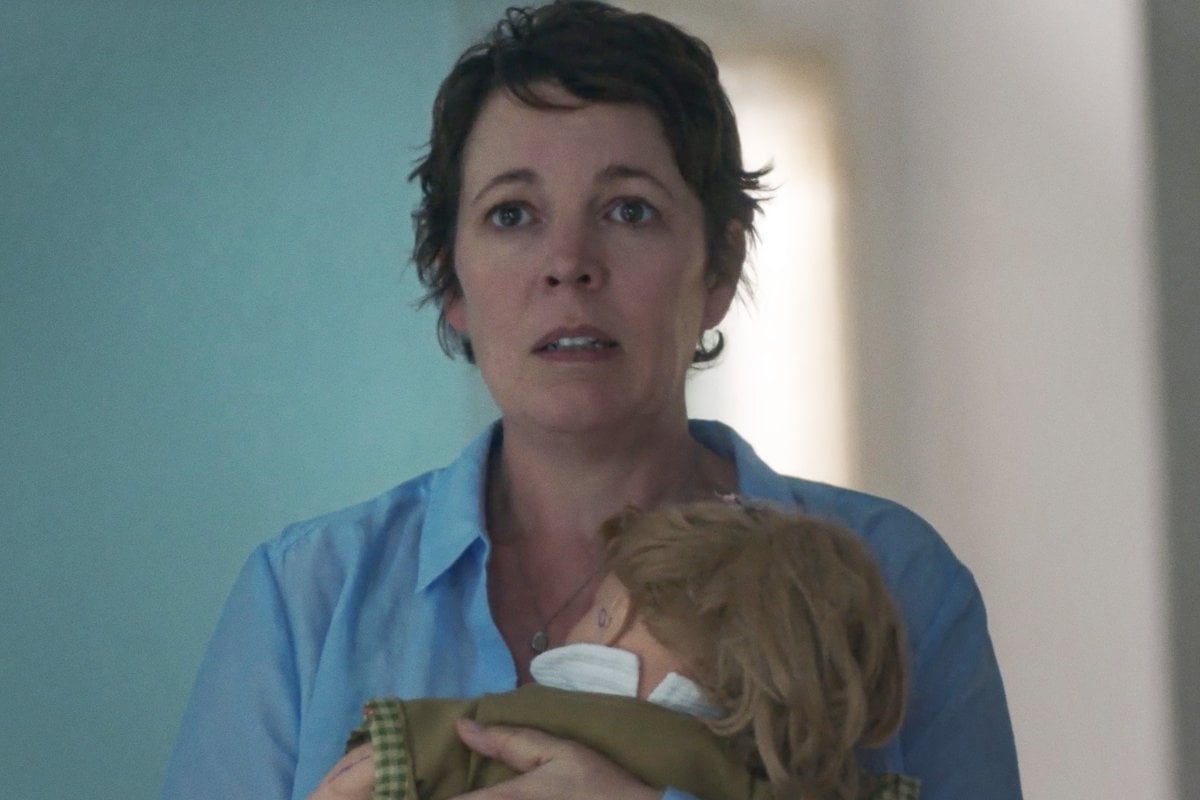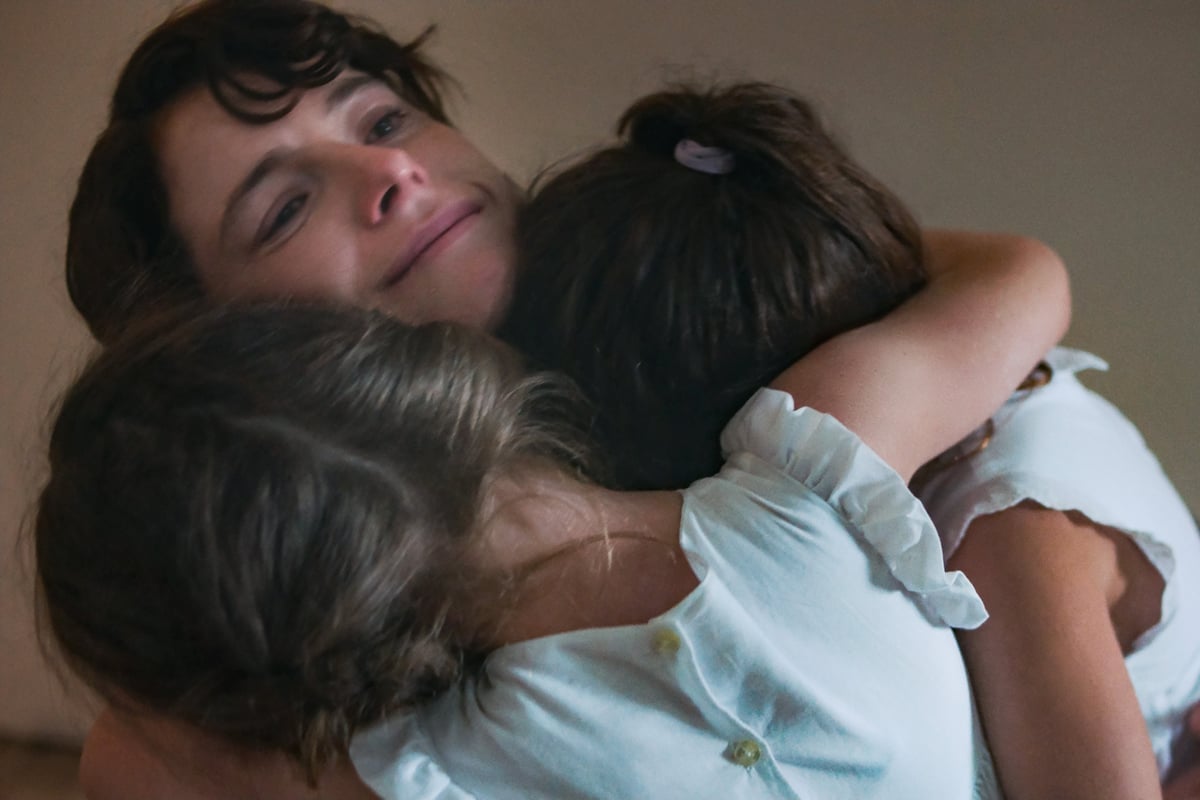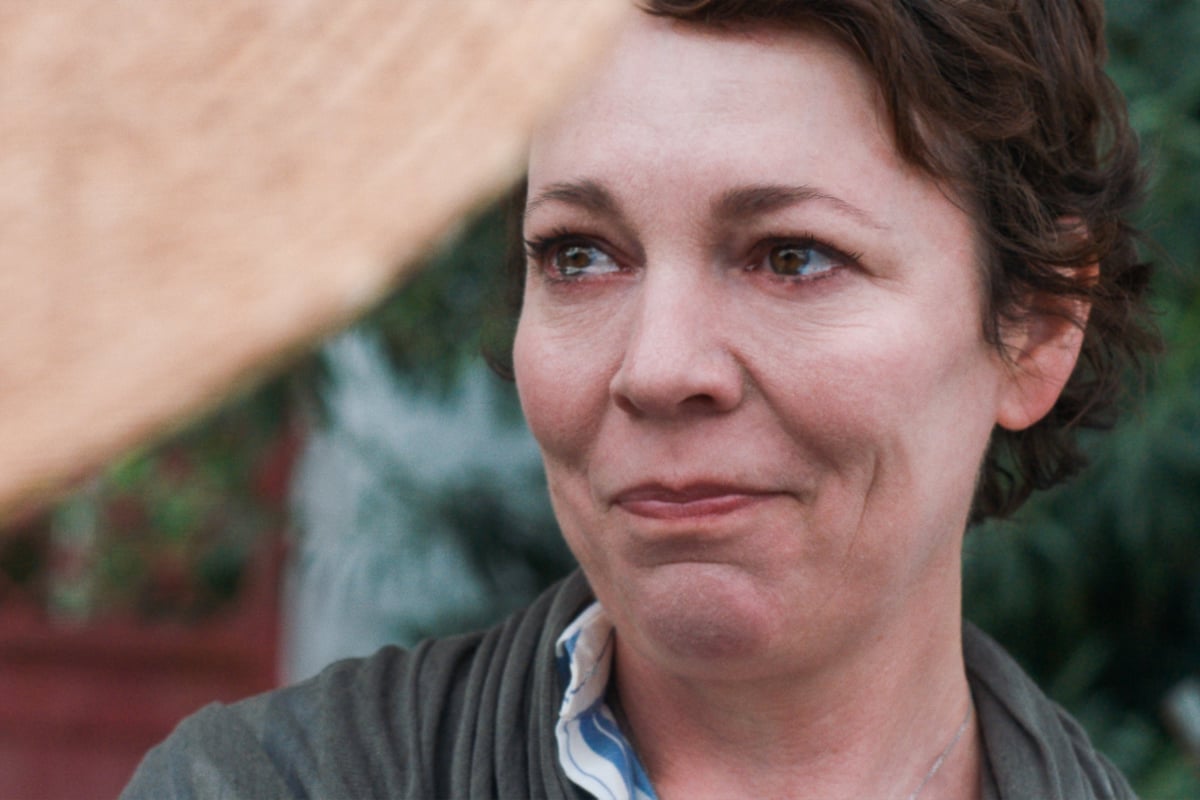
Recently I watched the film The Lost Daughter on Netflix. It’s good. I loved it, and I’m going to spoil parts of it.
Basically, it's a story about a 50-something woman called Leda (played by the wonderful Olivia Colman) who is holidaying at a resort in Greece when she becomes intrigued by a young mother and her daughter who are also on holiday.
Seeing them together makes Leda reflect on her own experiences of motherhood when her daughters were young, and how hard that time was.
While you're here, watch the trailer for The Lost Daughter below. Post continues after video.
We see flashbacks to a young Leda frustrated by her children – feeling entrapped by motherhood, longing for intellectual growth and for some time on her own.
Later in the film, we learn that this need became so great that she left her young daughters with their father for three years to pursue an academic career.
When she is asked how it felt to leave her children, she said it was amazing and freeing. But ultimately she missed them, so she came back.




Top Comments